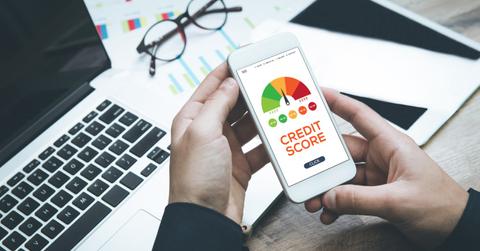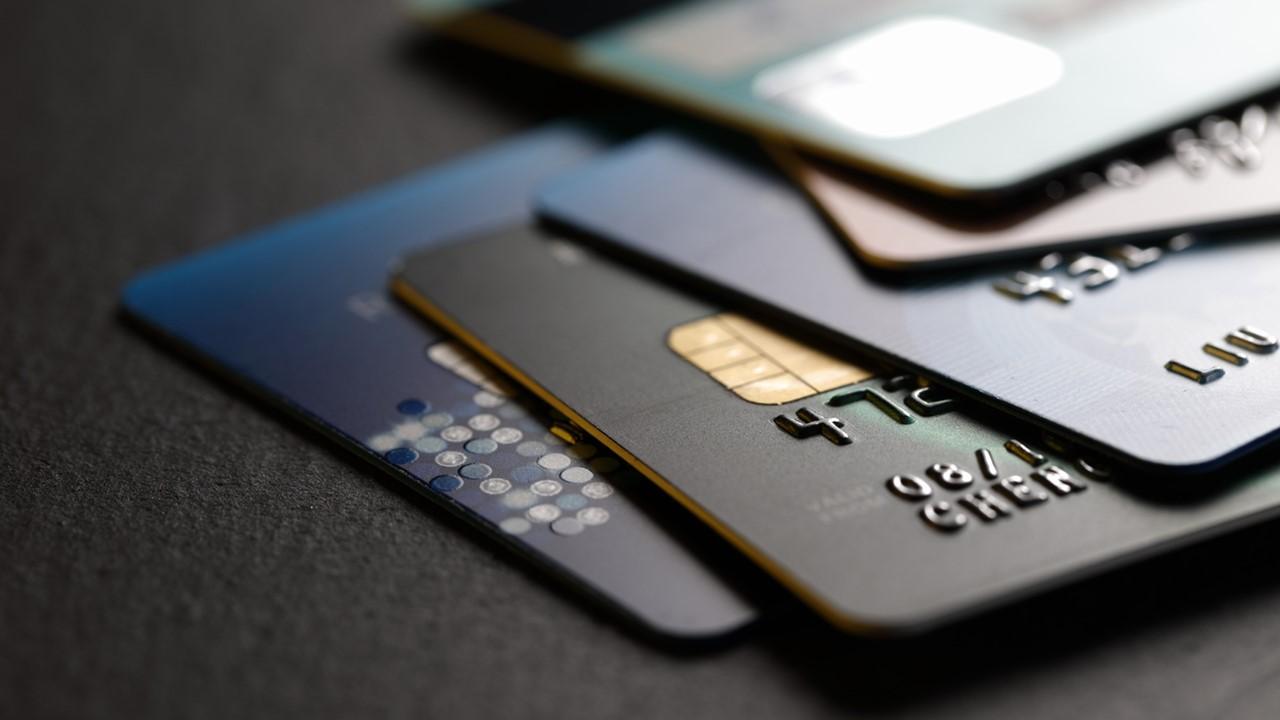What Credit Score Do You Start With?
Many people have questions about the starting credit score and how to build a strong credit history. See what our analysts recommend.
Aug. 26 2020, Updated 11:29 a.m. ET

If you wonder about the starting credit score, you aren't alone. Many young adults want to build and maintain a good credit history. So, where does your credit score start?
What's the starting credit score?
If you are just starting out, you don't have a credit history. However, the starting credit score isn't zero. Since credit scores range from 300 – 850, 300 could be considered the starting score. Most people’s credit score doesn’t start at the bottom of the scale.
Payment history and credit utilization are the major factors that influence an individual's credit score. While your credit score may not start at the bottom of the scale, it can fall quickly if you default on credit repayments or frequently hit your credit card limits.
What's a good credit score?
With the 300 – 850 credit scoring range in mind, what's a good credit score? A higher score shows that you have better creditworthiness. Therefore, a credit score of 700 or above is considered good, while a credit score of 800 or above is considered excellent. Similarly, a credit score below 670 is generally considered bad.
A good credit score is important for your financial reputation and can also save you money. For example, you can obtain favorable terms when borrowing money from a bank, purchasing an insurance policy, or buying a house if you have a good credit score.
How to build a good credit score
There are several steps that you can take to start building a credit history and maintain a good credit score. You can start building your credit history by taking the following steps.

First, you can obtain credit cards and use them responsibly. Applying for a credit card can be a great way to start building your credit history. However, if credit cards aren't used responsibly, they can ruin your credit score early on. Start by making small purchases with credit cards and pay off the balances on time each month. You can start with a secured credit card or store credit card if you can’t qualify for a normal credit card.
You can also obtain a bank loan. Like credit cards, make sure to repay the loan as agreed with the lender.
Payment history is the single most important factor in calculating credit history. Paying your bills on times, like credit card balances and bank loans, can drive up your credit score quickly. A poor payment history can destroy your credit score. In addition to paying off your credit card balances on time, make sure to keep the credit utilization across your cards below 30 percent.
Once you have a credit history, you can focus on improving your credit score. For example, demonstrating that you can handle different credit accounts responsibly, which is called “credit mix,” can help boost your score.
Also, if you have an excellent utility and phone bill payment history, you can add the record to your credit file to earn extra points and improve your credit score quickly. Be sure to check and correct any errors on your credit report. Fixing errors can instantly improve your credit score.
